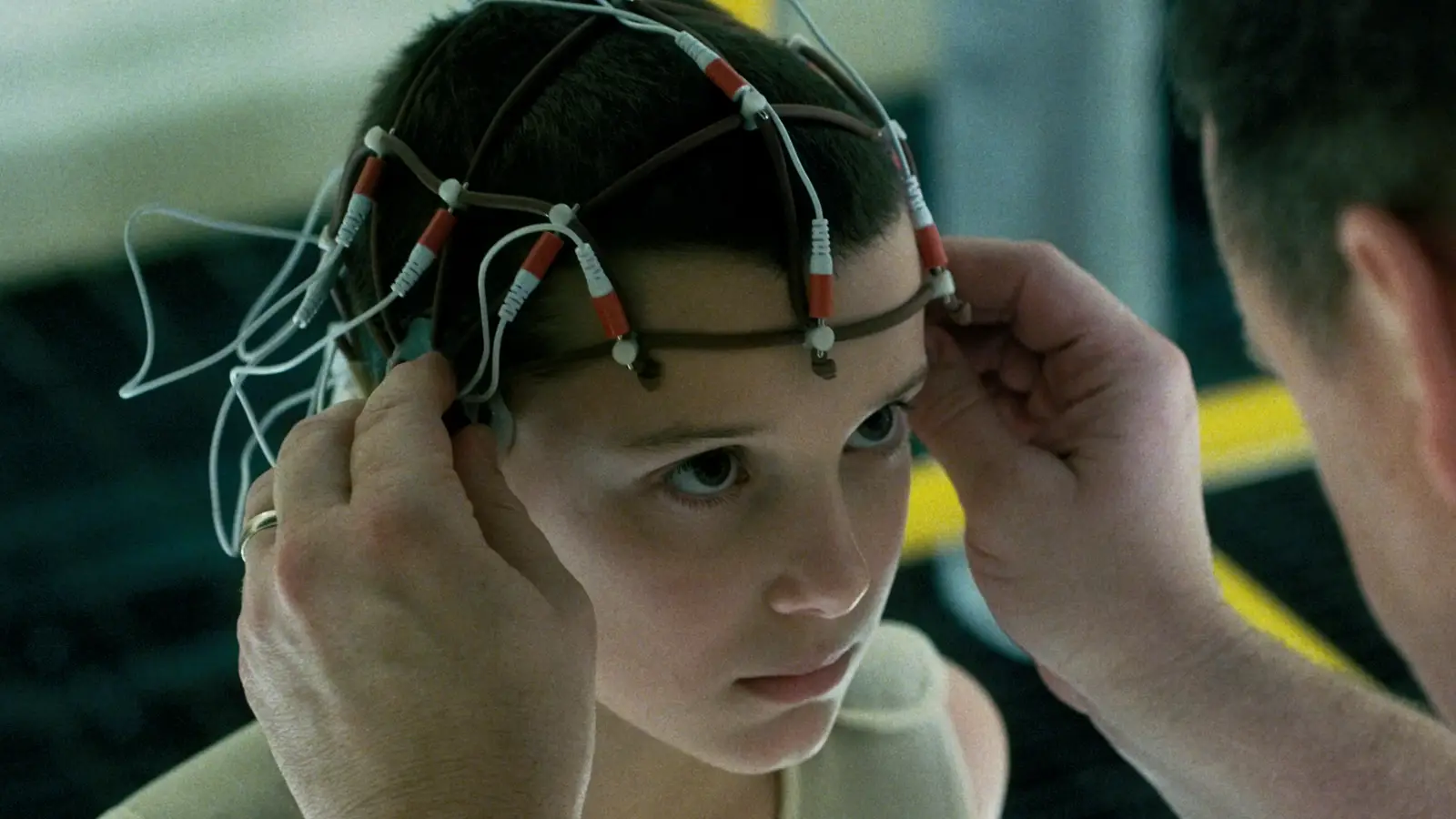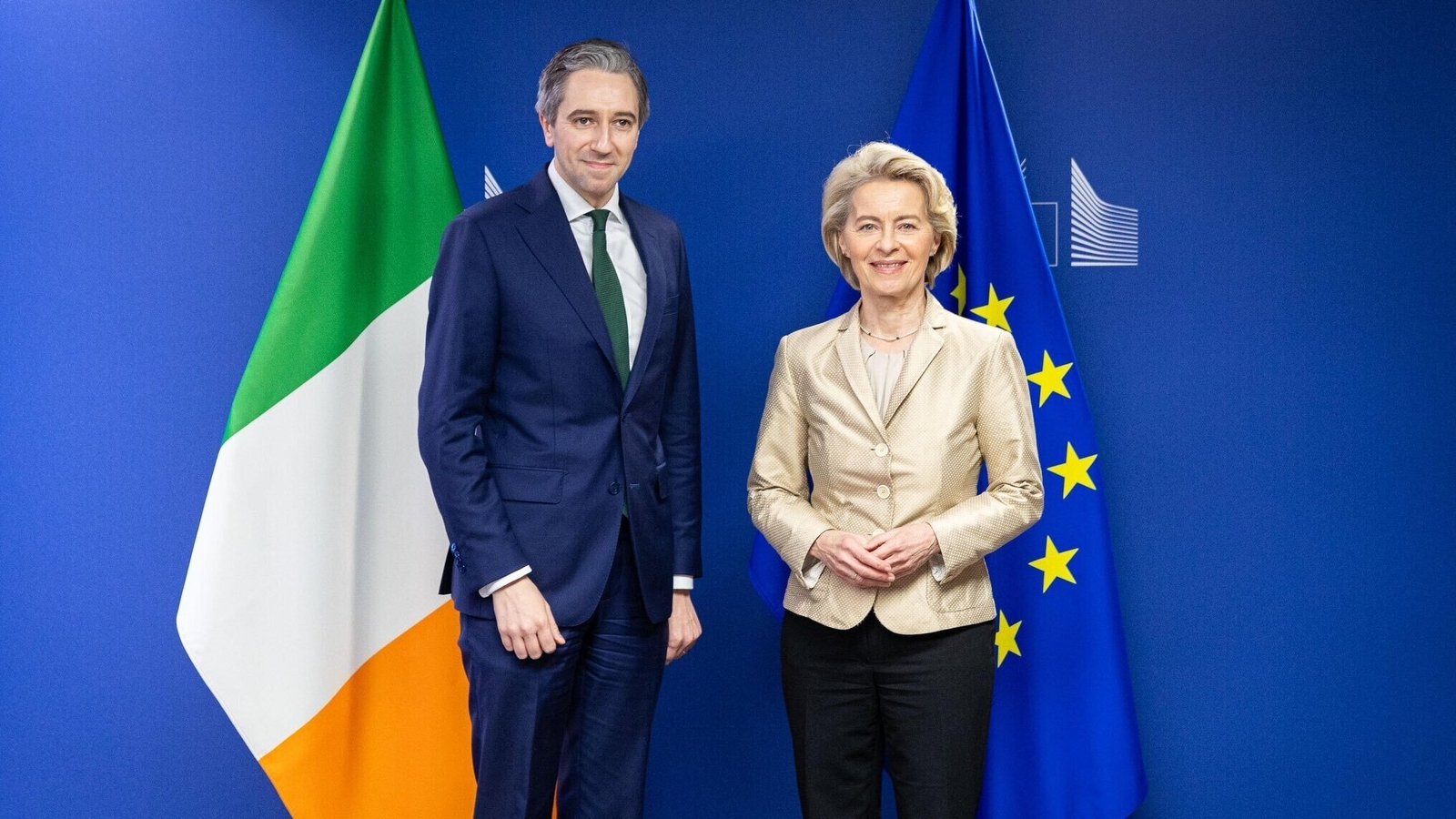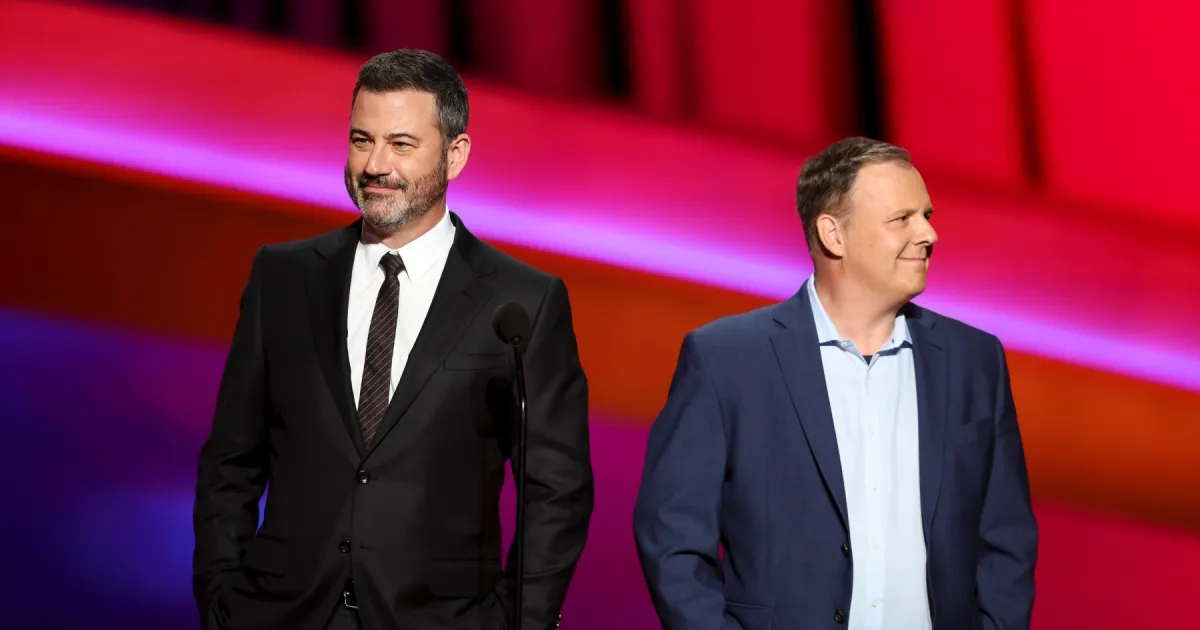
No genre highlights why the 2000-2023 period is a golden age for TV like sci-fi. The prestige TV revolution collided with leaps in visual effects technology, giving science fiction a chance to truly thrive on the small screen. The result? Stories that once seemed impossible to tell on television became boundary-pushing, big-budget spectacles with incredible character depth.
The first two decades of the 21st century brought audiences more groundbreaking sci-fi series than ever before. From sprawling space operas that redefined interstellar politics to intimate explorations of human identity set in dystopian futures, sci-fi on TV reached levels of creativity and storytelling power that rivaled, and often surpassed, cinema. This was the era where ambitious ideas finally got the production values they deserved.
Of course, dozens of brilliant series emerged during this period, but only a select few stand above the rest. These shows span wildly different sub-genres, but together they represent the absolute best examples of modern television science fiction. Each one proves that sci-fi fans have never had it so good when it comes to bold, visionary, and unforgettable TV storytelling.
Rick And Morty (2013-Present)
A Multiverse Comedy That Hides Surprising Emotional Weight
Few sci-fi TV shows embrace sheer creativity like Rick and Morty. The Adult Swim hit uses animated absurdity to explore multiverse chaos, alternate realities, and satirical takes on classic sci-fi tropes. Behind the crude humor, the show builds complex worldbuilding that would put many live-action dramas to shame, making it one of the most inventive genre entries of the 21st century.
The series thrives because of its characters – Rick Sanchez (voiced by Justin Roiland before season 7, followed by Ian Cardoni) is a chaotic genius, while Morty (also voiced by Roiland until Harry Belden took over) provides the reluctant moral counterbalance. Their adventures across timelines and planets serve as sharp critiques of both pop culture and humanity’s darker impulses.
What makes Rick and Morty more than just an animated comedy is its ability to deliver emotional gut-punches when least expected. Episodes like “The Ricklantis Mixup” or “Pickle Rick” balance satire with surprisingly deep character exploration, cementing it as one of the most daring sci-fi experiments on television.
Lost (2004-2010)
A Genre-Bending Mystery That Turned Sci-Fi Into Mainstream Obsession
When Lost debuted, no one expected a network drama to redefine how ambitious TV storytelling could be. What began as a survival story about plane crash survivors soon expanded into one of the most complex and influential sci-fi TV shows ever made, blending time travel, alternate timelines, and metaphysical mysteries.
A key ingredient in the recipe for Lost’s success was its ensemble cast. Characters like Jack Shephard (Matthew Fox), Kate Austen (Evangeline Lilly), and John Locke (Terry O’Quinn) gave emotional grounding to even the most mind-bending sci-fi twists. Viewers cared about the characters’ pasts as much as the mysteries of the Island itself.
More than any other series of its time, Lost proved that mainstream audiences were hungry for serialized sci-fi storytelling. Its use of flashbacks and later flash-forwards reshaped how TV narratives were told, leaving an influence still felt across countless modern dramas. It was messy, ambitious, and unforgettable.
Orphan Black (2013-2017)
A Clone Conspiracy Thriller Elevated By One Astonishing Performance
Orphan Black pushed the boundaries of what one actor could achieve on television. Tatiana Maslany’s performance as Sarah Manning – and her many genetically identical clone sisters – remains one of the most jaw-dropping feats in sci-fi TV history. Her ability to give each clone a distinct identity turned the series into something extraordinary.
While Maslany was the anchor, the storytelling of Orphan Black was equally compelling. The show explored questions of identity, autonomy, and bioethics, weaving thrilling conspiracies around shadowy corporations and scientific experimentation. Its mix of espionage and science fiction made it unlike anything else airing at the time.
What makes Orphan Black a high point for 21st century sci-fi is how it balances its high-concept premise with grounded human drama. Characters like Alison, Cosima, and Helena (all Maslany) felt as real as they were different. The show was bold, stylish, and unafraid to challenge audiences, securing its place among the best of the golden age.
Dark (2017-2020)
A German Sci-Fi Masterpiece Of Time Loops And Destiny
Netflix’s Dark proved that non-English language series could dominate global sci-fi fandom. This German drama turned time travel into an intricate puzzle, connecting generations of characters across decades while weaving in deep philosophical themes about free will, destiny, and family.
Above all else, Dark stood out for its meticulous storytelling. Characters like Jonas Kahnwald (Louis Hofmann) and Martha Nielsen (Lisa Vicari) became central figures in a story that blurred the lines between protagonist and antagonist. Every revelation redefined earlier episodes, rewarding careful attention and repeat viewings.
More than just complex, Dark was visually stunning and emotionally gripping. Its bleak aesthetic and haunting score added to the sense of inevitability that permeated the narrative. Few sci-fi TV shows manage to be both intellectually challenging and emotionally devastating, but Dark mastered that balance perfectly.
Stranger Things (2016-Present)
A Nostalgic Love Letter That Redefined Blockbuster TV
Stranger Things became a pop culture juggernaut by mixing sci-fi, horror, and 1980s nostalgia into one irresistible package. What began as a story about kids in Hawkins, Indiana, uncovering the secrets of the Upside Down turned into a sprawling saga about parallel dimensions, government experiments, and cosmic evil.
The success of Stranger Things helped rocket the cast to stardom. Characters like Eleven (Millie Bobby Brown), Mike Wheeler (Finn Wolfhard), and Jim Hopper (David Harbour) have become iconic, and their emotional bonds anchor the increasingly high-stakes battles. This combination of heart and spectacle set the standard for Netflix-era blockbusters.
While other sci-fi TV shows lean into either nostalgia or innovation, Stranger Things does both. It honors the genre classics of Spielberg and King while using cutting-edge effects to deliver massive set pieces, like the “Mind Flayer” battles or Vecna’s terrifying curse. It’s crowd-pleasing, thrilling, and deeply human.
Andor (2022-2025)
A Star Wars Story That Redefined Political Science Fiction
Though part of the Star Wars universe, Andor stood apart by stripping away Jedi mysticism to focus on rebellion, politics, and the human cost of resistance. Following Cassian Andor (Diego Luna), the series delivered one of the most grounded and mature explorations of tyranny and revolution ever seen in sci-fi television.
What made Andor remarkable was its writing. Episodes like “One Way Out” turned prison breaks into stirring political allegories, while characters like Luthen Rael (Stellan Skarsgård) embodied the sacrifices required to fight authoritarianism. Its dialogue was sharp, its tension gripping, and its stakes refreshingly realistic for a galaxy far, far away.
Beyond the Star Wars fandom, Andor resonated because it captured timeless themes of oppression and resistance. It proved that even within a blockbuster franchise, there’s room for prestige-level storytelling that rivals the best political dramas. For many, it became the crown jewel of modern Star Wars TV.
Firefly (2002-2003)
A Short-Lived Cult Classic That Became Timeless
Firefly may have lasted only one season, but its impact is impossible to ignore. Joss Whedon’s space western blended frontier grit with futuristic tech, creating a lived-in world that felt authentic and instantly compelling. Its premature cancellation only fueled its cult legend.
The emotional heart of Firefly was its ragtag crew. Captain Malcolm Reynolds (Nathan Fillion), Zoe Washburne (Gina Torres), and River Tam (Summer Glau) each added unique dimensions to the ensemble, balancing humor, action, and drama. Their chemistry made the Serenity feel like home for viewers as much as the characters.
Unlike other sci-fi TV shows of the early 2000s, Firefly injected levity into a genre often dominated by bleakness. Its sharp dialogue, strong characters, and inventive premise set it apart, while the follow-up film Serenity ensured its legacy would live on.
Battlestar Galactica (2004-2009)
A Reimagined Space Opera That Became Prestige TV
When Battlestar Galactica returned in 2004, it reinvented a dated franchise into one of the most critically acclaimed sci-fi TV shows of all time. Its gritty aesthetic, political allegories, and moral ambiguity elevated it far beyond expectations for a space opera reboot.
The series followed humanity’s survivors fleeing the Cylons, with characters like Commander William Adama (Edward James Olmos) and President Laura Roslin (Mary McDonnell) anchoring the story. The interplay of politics, faith, and survival gave the series real-world resonance in the post-9/11 era, making it feel urgent and relevant.
Battlestar Galactica is particularly noteworthy its refusal to offer easy answers or talk down to viewers. From the identity crises of humanoid Cylons to questions of governance and morality, the show constantly challenged viewers. It blended blockbuster spectacle with intellectual depth, setting a new standard for serialized science fiction drama.
Fringe (2008-2013)
A Procedural Turned Into One Of Sci-Fi’s Boldest Mythologies
Fringe began as a case-of-the-week procedural but evolved into one of the most ambitious and beloved sci-fi shows of its era. By weaving together parallel universes, mad science, and metaphysical mysteries, it created a mythology that rivaled the biggest franchises in scope.
While the dozens of unique concepts in Fringe drew in viewers, it was the characters that converted them to fans. Olivia Dunham (Anna Torv), Peter Bishop (Joshua Jackson), and Walter Bishop (John Noble) were the emotional core, and their relationships gave weight to the increasingly bizarre cases. John Noble’s performance as Walter in particular remains one of the genre’s most memorable.
What made Fringe stand out was its ability to balance procedural accessibility with serialized complexity. Episodes like “White Tulip” delivered emotional resonance on par with the best prestige dramas, while its multiverse arcs expanded sci-fi TV storytelling in bold directions. It was weird, daring, and unforgettable.
The Expanse (2015-2022)
A Space Opera That Became The Definitive Sci-Fi Epic Of Its Era
The Expanse took hard science fiction to television in a way no other show had achieved. Set in a meticulously detailed future where Earth, Mars, and the Belt vie for power, it delivered interplanetary politics, alien mysteries, and human drama on a grand, cinematic scale.
The stellar performances of the cast kept The Expanse from ever growing stale, from detective Josephus Miller (Thomas Jane) to Rocinante crew members like James Holden (Steven Strait) and Naomi Nagata (Dominique Tipper). Their stories grounded a universe-spanning narrative that balanced character intimacy with galaxy-shaking stakes.



